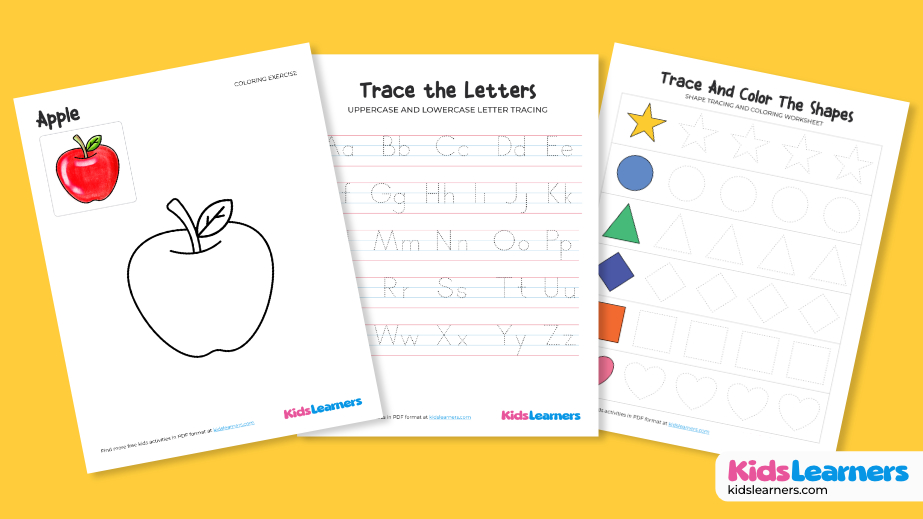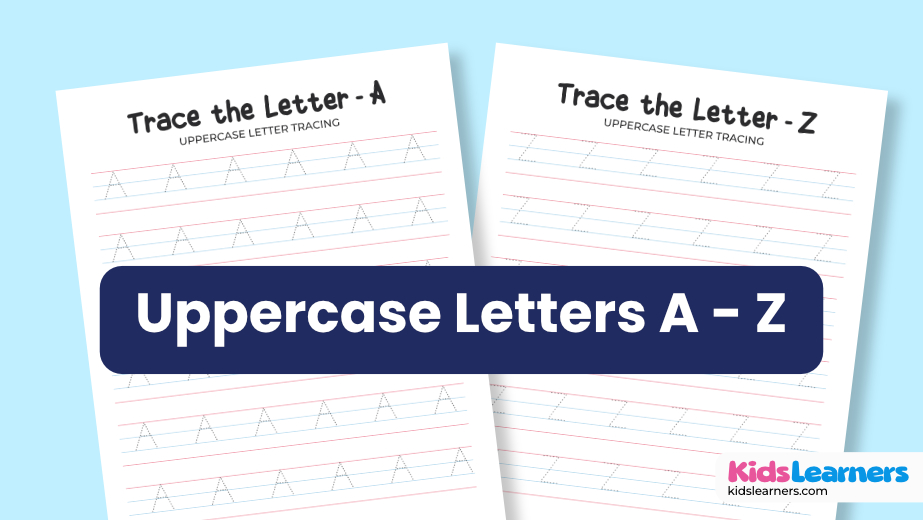What Are Worksheets?
Have you ever struggled to find the right way to help your child understand a tricky concept? Worksheets are educational tools that can make learning easier and more enjoyable. Designed with structured exercises and questions, they reinforce knowledge in subjects like math, reading, and science. Both parents and teachers can use worksheets to provide targeted support, helping children build their skills effectively.
The Benefits of Using Worksheets
Worksheets offer a variety of benefits that can enhance your child’s learning experience:
- Targeted Practice: They help children focus on specific skills or concepts, reinforcing their understanding in a structured way.
- Skill Development: Worksheets can enhance problem-solving, critical thinking, and fine motor skills—essential abilities for academic success.
- Progress Tracking: Using worksheets over time allows you to monitor your child’s progress and identify areas where they might need additional help.
- Engaging Activities: When designed creatively, worksheets can transform learning into a fun and engaging activity, sparking your child’s interest.
Choosing the Right Worksheets
Selecting the right worksheets is crucial for effective learning. Here are some factors to consider:
- Age Appropriateness: Make sure the worksheets match your child’s age and grade level to keep them engaged.
- Learning Style: Consider whether your child learns best through visual, auditory, or kinesthetic methods, and choose worksheets that align with their preferred style.
- Subject Focus: Identify the specific subjects you want to reinforce and select worksheets accordingly. Check out our Color Learning Activities Worksheets for vibrant, engaging options!
- Difficulty Level: Start with worksheets that are challenging yet achievable to keep your child motivated.
How to Use Worksheets Effectively
To maximize the benefits of worksheets, try these strategies:
- Create a Dedicated Workspace: Designate a quiet and comfortable area for your child to focus on their worksheets.
- Provide Guidance: Offer help and encouragement, but allow your child to tackle the work independently.
- Make It Fun: Turn worksheet time into a game! Use rewards, praise, or creative themes to make the experience enjoyable.
- Review and Discuss: After completing a worksheet, take time to review the answers together. Discuss any questions your child may have to reinforce their understanding.
Types of Worksheets
Here are some common types of worksheets you might consider:
- Math Worksheets: Cover topics like addition, subtraction, multiplication, and division. Check out our Free Math Worksheets For Kids for a variety of options!
- Reading Worksheets: Focus on reading comprehension, vocabulary, and writing skills. Explore Reading and Writing Worksheets to enhance your child’s literacy.
- Science Worksheets: Explore subjects such as biology, chemistry, physics, and earth science.
- Language Arts Worksheets: Address grammar, punctuation, spelling, and writing skills. You can find Free Letter Tracing Worksheets to boost writing skills as well!
Frequently Asked Questions
1. What are worksheets and how can they benefit my child’s learning?
Worksheets are educational tools designed to reinforce specific skills or concepts. They can help your child develop problem-solving, critical thinking, and fine motor skills while tracking their progress and making learning more engaging.
2. How do I choose the right worksheets for my child?
Consider factors such as your child’s age, learning style, subject interests, and difficulty level when selecting worksheets. Ensure they are age-appropriate and challenging yet achievable.
3. How can I use worksheets effectively at home?
Create a dedicated workspace, provide guidance and encouragement, make worksheet time fun, and review answers together to reinforce understanding.
4. What types of worksheets are available?
Common worksheet types include math, reading, science, and language arts. They cover topics like addition, subtraction, reading comprehension, vocabulary, phonics, grammar, and more.
5. Can worksheets be used for children of all ages?
Yes, worksheets can be adapted to suit children of all ages. Choose worksheets that are appropriate for your child’s grade level and developmental stage.
6. Can worksheets be used for homeschooling?
Absolutely! Worksheets can be a valuable resource for homeschooling parents, providing structured learning activities and progress tracking.
7. Are worksheets a substitute for traditional classroom instruction?
No, worksheets are a supplementary tool that can reinforce and enhance classroom learning. They are most effective when used in conjunction with other teaching methods.
8. How often should I use worksheets with my child?
The frequency of worksheet use can vary depending on your child’s needs and learning style. Aim for regular practice to reinforce skills and maintain momentum.
Additional Resources
For more creative and engaging learning activities, check out these additional resources:
- Free Printable Uppercase Letter Tracing Worksheets (A-Z) for Kids! – Great for practicing letter formation.
- Free Printable Lowercase Letter Tracing Worksheets (a-z) for Kids! – Perfect for reinforcing lowercase letter writing.
- Shape Worksheets – Ideal for teaching geometric concepts in a fun way.
Conclusion
Worksheets can be a fun and effective way to support your child’s learning journey. By choosing the right worksheets and using them thoughtfully, you can foster your child’s academic growth and make learning an enjoyable experience. Why not try a worksheet today and see how it sparks your child’s interest in a new subject?


